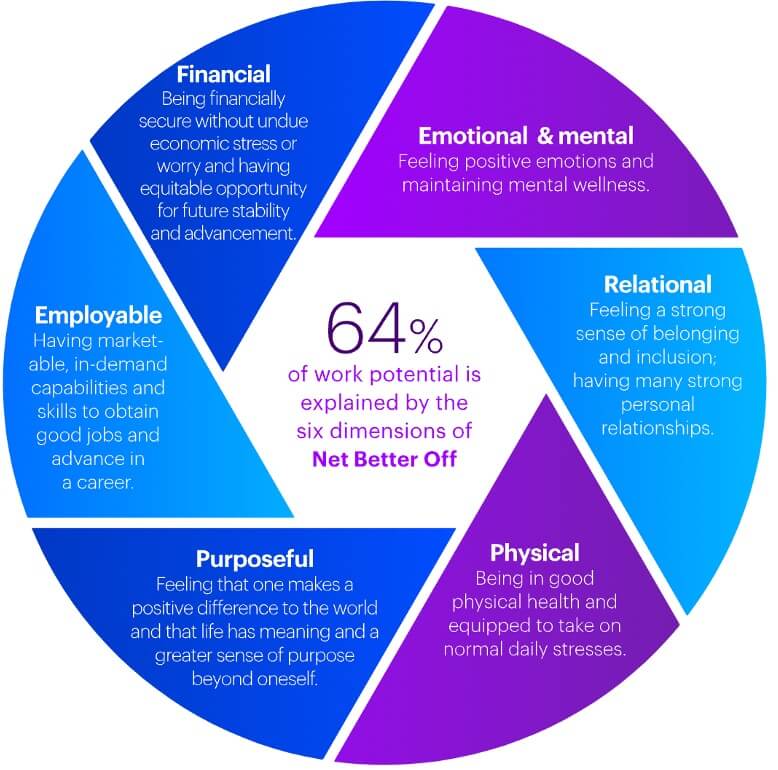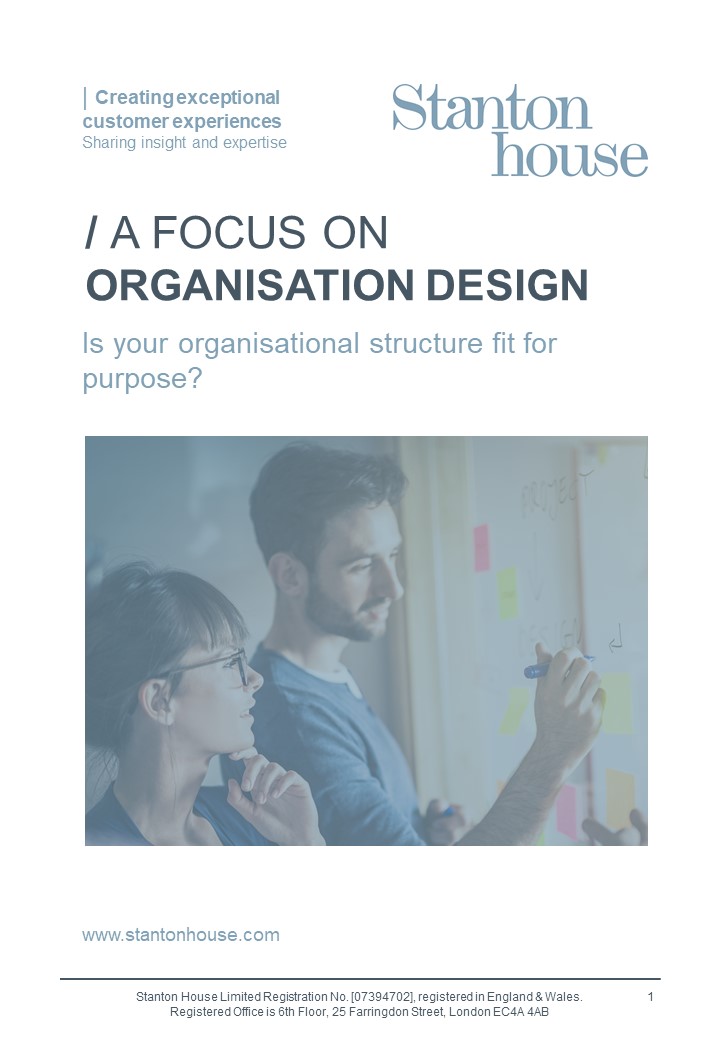
.jpg?v=f9a15ecd9bc1e9ab0e1013080d359546)
People are quitting at record levels, yet organisations are still trying to attract and retain their employees in the same antiquated ways.
People are switching jobs and industries. Moving from traditional to non-traditional roles, retiring early or starting their own businesses. Employees are taking time out to tend to their personal lives and wellbeing or taking career breaks. In short, the great attrition has become the great renegotiation.
Competition for talent remains fierce. For certain categories of workers, the barriers to switching employers have drastically dropped. According to the US Bureau of Labour Statistics, in the United States, there were 11.3 million open jobs at the end of May, up substantially from 9.3 million open jobs in April 2021. As employers scramble to fill these positions, the voluntary quit rate is 25% higher than pre-pandemic levels. At the current pace of hiring, job creation and quitting job openings likely won’t return to pre-pandemic levels for a long time.
What we are seeing is a mismatch between organisations' demand for talent and the number of workers who are willing to supply it. Employers continue to rely on traditional ways to attract and retain talent, including compensation, promotions, and perks. These factors are of course, very important, particularly for traditionally motivated employees. However, there is a growing pool of workers demanding more from their employers and shunning this traditionalist path.
As a result, there is now a gap in the labour supply because there simply aren’t enough workers willing to fill all the openings. Even with employers successfully attracting talent, they are failing to solve the underlying structural imbalance.
To fill this gap, employers should try to win back non-traditional workers. But how can you do this?
In a piece of research by Accenture, it was identified that employers can take a multifaceted approach to attract and retain talent. They deduced that many workers want more than the usual compensation and job advancement perks. The research identified that most workers value workplace flexibility, mental health support, meaningful work and career advancement as the top reasons for staying in their current roles. This shows that there is not a ‘one size fits all’ solution, Instead, employers should create a ‘Net Better Off’ approach to retaining talent.
In this article, we delve deeper into what the Net Better Off approach means for employees and the ways you can easily implement a Net Better Off approach within your organisation.

*Figure 1 - Net Better Off addresses fundamental human needs by Accenture
The Net Better Off Approach addresses fundamental human needs. However, most organisations simply invest in a job and a paycheck every month. What really gives an organisation the edge is instilling values formed around Emotional & Mental, Relational and Purposeful dimensions. If an employee spends much of their life at work, then employers need to ensure all aspects of a person are being attended to, not just their bank accounts. Essentially, employers need to assess if their workers are ‘better off’ as a whole for being employed by their organisation. Leaders can leave their workers as Net Better Off by being curious about their unique situations and providing trust and care outside of their 9-5 working lives.
To get you started there are four key actions that every employer should take to adopt The Net Better Off approach, these are:
Instil Modern Leadership:
Ensure your leaders are empathetic, transparent and trustworthy. In a recent study it was found that managers who practice empathetic leadership towards their teams are viewed as better performers in their jobs by their bosses. It’s important for leaders to listen, learn and act both individually and collectively.
We recently implemented a robust listening framework, The Empathy Series which brings to life empathy in the workplace and ensures employees' voices are being heard and the insights and ideas from these sessions are turned into actions. If you’d like to implement something similar yourself, please reach out to Esther Boffey our Diversity and Inclusion Partner for more information or check out Empathy Insight Paper for all the materials you’ll need to launch your own.
Grow A Thriving Culture:
Fostering and growing human relationships is key to creating a sense of culture amongst your workforce. Leaders need to ensure that they are prioritising the purpose, authenticity and psychological safety of their employees now, more than ever. Leaders need to make work a safe space for employees to be themselves. Alongside providing mental well-being tools and resources, leaders must be willing to show their own vulnerabilities and focus on self-care. We delve into why culture is so important in our recent blog by Meg Appleby – do give it a read if you’re interested.
Be Agile In Your Approach To Flexibility:
Look to the future, think about what comes next and future-proof your strategy. Allowing your employees to work from home isn’t the definition of flexibility, location is only one small piece of the puzzle. Flexibility means different things for different people; employers can conduct regular surveys and encourage open conversations with managers to address what the term ‘flexible working’ means for each employee and work around their needs.
Empower People Through Technology and Training:
Research found that 86% of workers surveyed who claim to experience high workplace satisfaction have also reported upgrades to their company’s technology and learning and development programmes, allowing them to work in new advanced ways. This means looking at the upside of emerging technology—like the metaverse—to support growth and opportunities. Having a stronger link between technology and training can give people more energy to contribute to higher-value work and experience a greater sense of purpose.
The Net Better Off approach must be envisioned and executed with trust at heart and value at the core. The benefits of embracing this strategy are high for the organisation and the people alike, from preserving their worker's loyalty, energy and enthusiasm to removing internal boundaries that limit workers' development and potential. The organisations that embrace this Net Better Off approach will strengthen their culture in a strategic way, unlock people's potential and propel their organisations forward.
If you’d like to delve deeper into any of the topics mentioned in this blog please reach out to Meg.appleby@stantonhouse.com for more information.
Similar blogs





